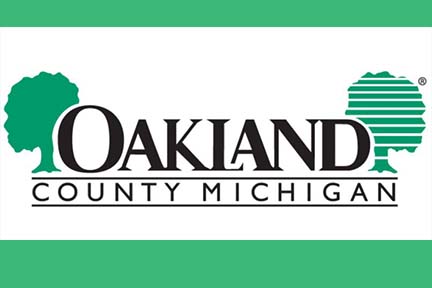
$400 Billion in U.S. Defense Technology Opportunities
Oakland County and Michigan Partner to Help Businesses Access $400 Billion in U.S. Defense Technology Opportunities
- Space is still available to register for this Thursday event in Troy. Learn how the Department of Defense and Homeland Security identify, acquire and implement technology solutions.
- Connect with industry leaders, government officials and defense experts to expand your network and business opportunities.
- Gain insights into breaking into the $400 billion U.S. defense technology market from top defense and industry partners.
Troy, Mich. – There is still time for technology innovators to register for the Defense Innovate and Integrate (Di2) Summit on Thursday, Nov. 14. This event aims to guide technology-driven businesses in navigating the $400 billion U.S. Department of Defense (DoD) market, offering insight into how the Armed Services and Homeland Security find, acquire and integrate new technologies.
The summit, which takes place at the Michigan State University Management Education Center in Troy, provides attendees with a unique opportunity to network with industry leaders, government officials and defense experts. All technology innovators in advanced manufacturing, defense, engineering, IT, mobility, robotics and R&D industries are welcome to attend.
“Oakland County is committed to opening doors for our technology businesses to explore new markets, and the Di2 Summit is an excellent opportunity for them to connect with the Department of Defense,” said Oakland County Executive Dave Coulter. “This event will help our businesses understand how they can contribute to national security while driving economic growth right here at home.”
The program begins at 8:30 a.m. Thursday and concludes with a reception at 4:30 p.m. The event fee is $150 for Oakland County firms and $200 for non-Oakland County companies. Click here for the full schedule and to register. Contact [email protected] for more information.
This event is hosted by Oakland County Economic Development and the Michigan Office of Defense and Aerospace Innovation, with additional support from the University of Michigan Economic Growth Institute, ERDCWERX, and Oakland Thrive, which organizes the summit.
“Oakland Thrive is transforming communities throughout Oakland County by providing free, high-level consulting expertise to the small business owners in communities that would otherwise not have access to that kind of help,” said Oakland Thrive CEO Vicki Selva. “We are pleased to offer this opportunity to technology businesses throughout Oakland County and beyond.”









